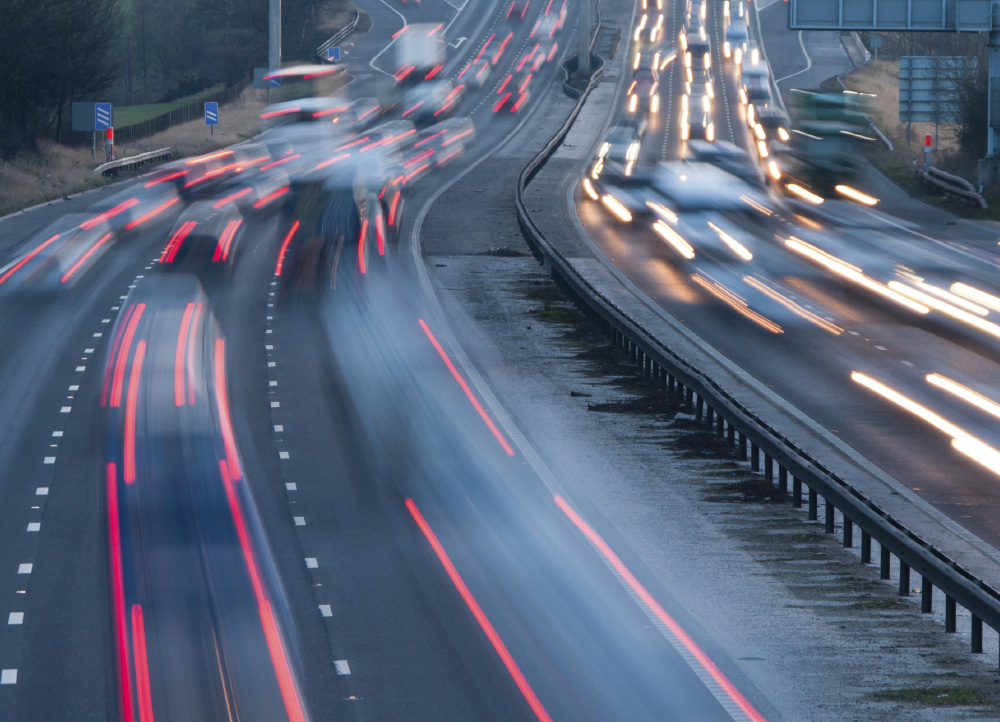S h a r e
Road to Zero


Posted by
Kevin Blackmore
August 2020
Road to Zero is a strategy document issued by the Government which outlines its long-term strategy to tackle rising CO2 levels by transitioning to zero-emission road transport.
The government aims to put the UK at the forefront of both the design and manufacture of zero-emission vehicles and for all cars and vans to be effectively zero-emission by 2040.
The ambition is to see between 50 – 70% of all new car sales and up to 40% of new van sales being ultra-low-emission by 2030.
The government has committed to driving uptake of low-emitting vehicles through a combination of the following:
- Grants and subsidies to encourage the purchase of zero-emission vehicles and future research and development into clean technologies.
- Incentives and preferential tax rates for the lowest emitting vehicles and measures to dissuade the use of higher emission vehicles.
- Zero-emission vehicle quotas for central and local government fleets.
In relation to charging infrastructure:
- Grants and subsidies for the installation of charging infrastructure and
- Incentives for businesses looking to provide charge points to employees.
- Planning reform to ensure charge points are installed as part of new developments.
- Making smart charge points the standard to ensure the grid can cope with mass electrification.
What the Road to Zero means to businesses
The Government’s Road to Zero strategy provides a high-level overview that focusses on the long-term, however, there are several policies that are relevant to businesses now:
- Low Benefit in Kind (BIK) tax rates on electric and hybrid vehicles
- Electricity provided to employees at their place of work is currently zero BIK rated.
- Plug-in Vehicle Grants for zero-emission and the lowest-emitting plug-in hybrid vehicles.
- OLEV Grant enables your employees to claim up to £350 off the cost of installing a home charge point (additional grants available in Scotland)
The challenges
Road to Zero is a bold strategy, however, the breadth of its scope and the extended timeframe for delivery means there are many factors that may help or hinder its realisation.
As with the reduction of CO2, manufacturers have proven themselves capable of transitioning to new technologies. Whilst the government can’t control the pace of technological development, it’s likely the transition to electric vehicles will happen ahead of the government’s 2040 target.
There’s also the question of tax revenue. The shift to electrification will see the government lose a substantial amount of revenue in the form of fuel duty. Rather than applying duty to electricity, the general opinion is that the government will transition to taxation based on mileage, or ‘road pricing’.
Since this was written, the Government has brought forward its Net Zero ambitions. New car sales of petrol and diesel vehicles will be banned from 2030 and all cars and vans will be required to be zero emission by 2035. See Government takes historic step towards net-zero with end of sale of new petrol and diesel cars by 2030.
While the plug-in car grant no longer exists, grants for electric and ultra low emission vans are still available – see the details here: Time to accelerate the switch to electric vans.
Home charge point grants have also been revised: these are now only available to renters and those living in flats – see OLEV grant.

